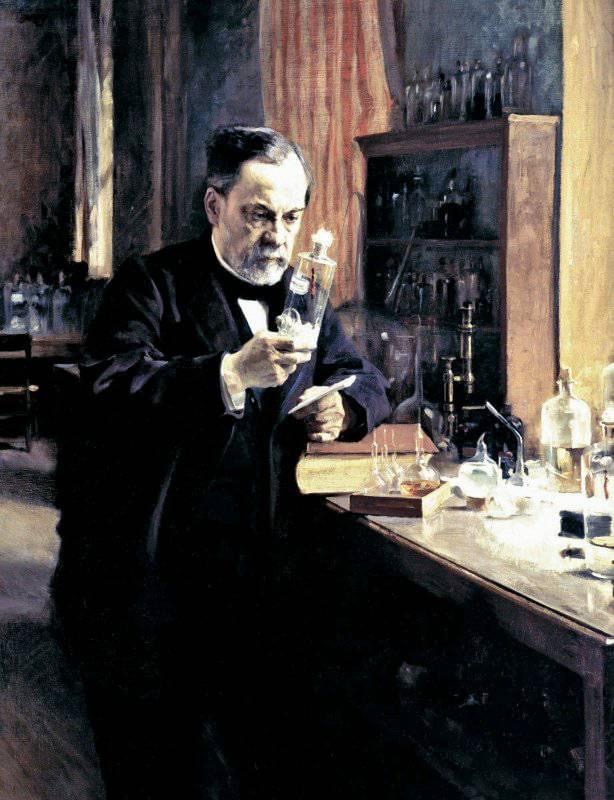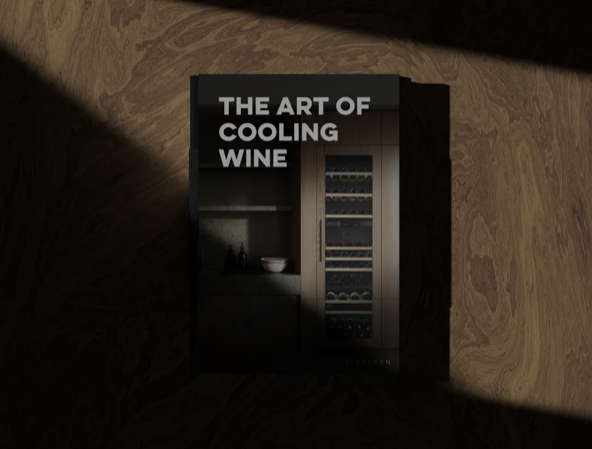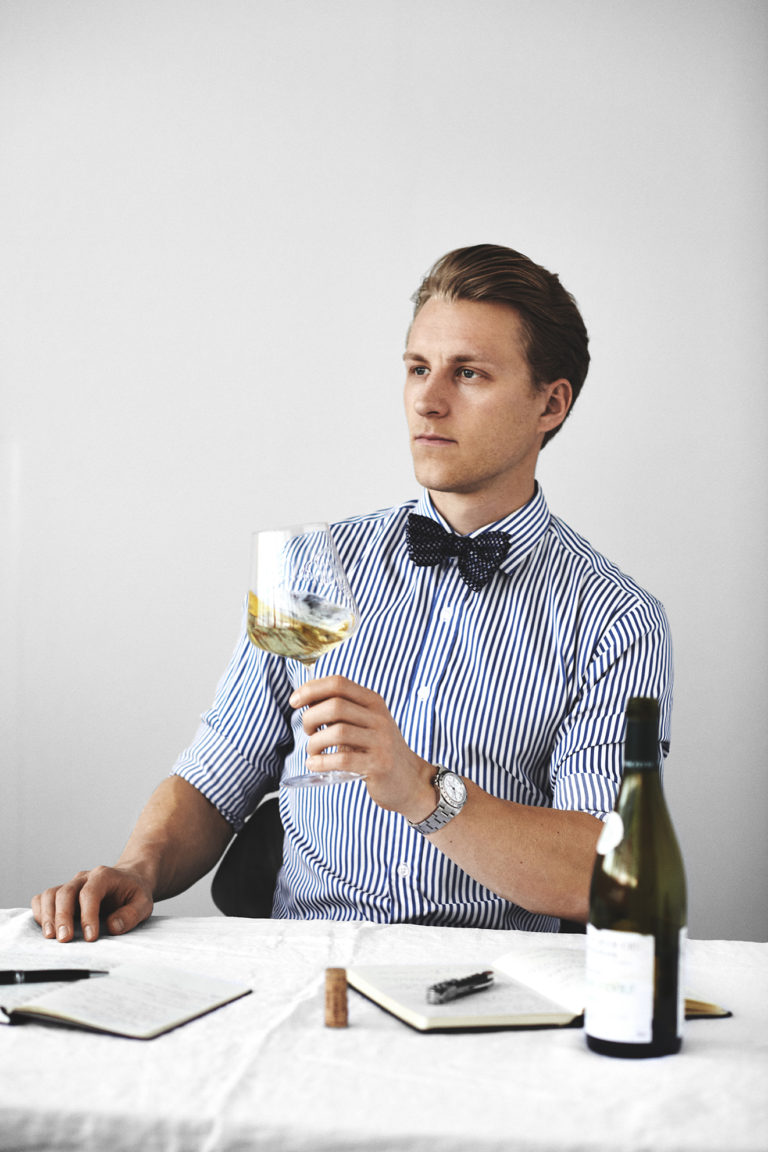An article on Louis Pasteur and his research on fermentation, wine, and champagne. Here’s a comprehensive overview of his groundbreaking work in these areas:
Estimated reading time: 5 minutes

Introduction
Louis Pasteur, a towering figure in the world of science, made invaluable contributions to microbiology, chemistry, and medicine during the 19th century. Among his many accomplishments, Pasteur’s research on fermentation, wine, and champagne stands out as a remarkable chapter in his illustrious career. This article delves into the life and work of Louis Pasteur, exploring how his groundbreaking research transformed the understanding of fermentation processes and revolutionized the production of wine and champagne.
Early Life and Education
Louis Pasteur was born on December 27, 1822, in Dole, France. His early life was marked by an insatiable curiosity and a deep interest in the natural world. He pursued his education in the arts and sciences at the Collège Royal in Besançon and later at the prestigious École Normale Supérieure in Paris.
Pasteur’s Early Scientific Endeavors
Pasteur’s scientific journey began with studies in crystallography and optics. He earned his doctorate in physical sciences in 1847, and his work on tartaric acid crystals would eventually lead him to the world of fermentation.

Subscribe for 5.9€ a month for full access to the Tasting Library, exclusive articles, videos events and more





